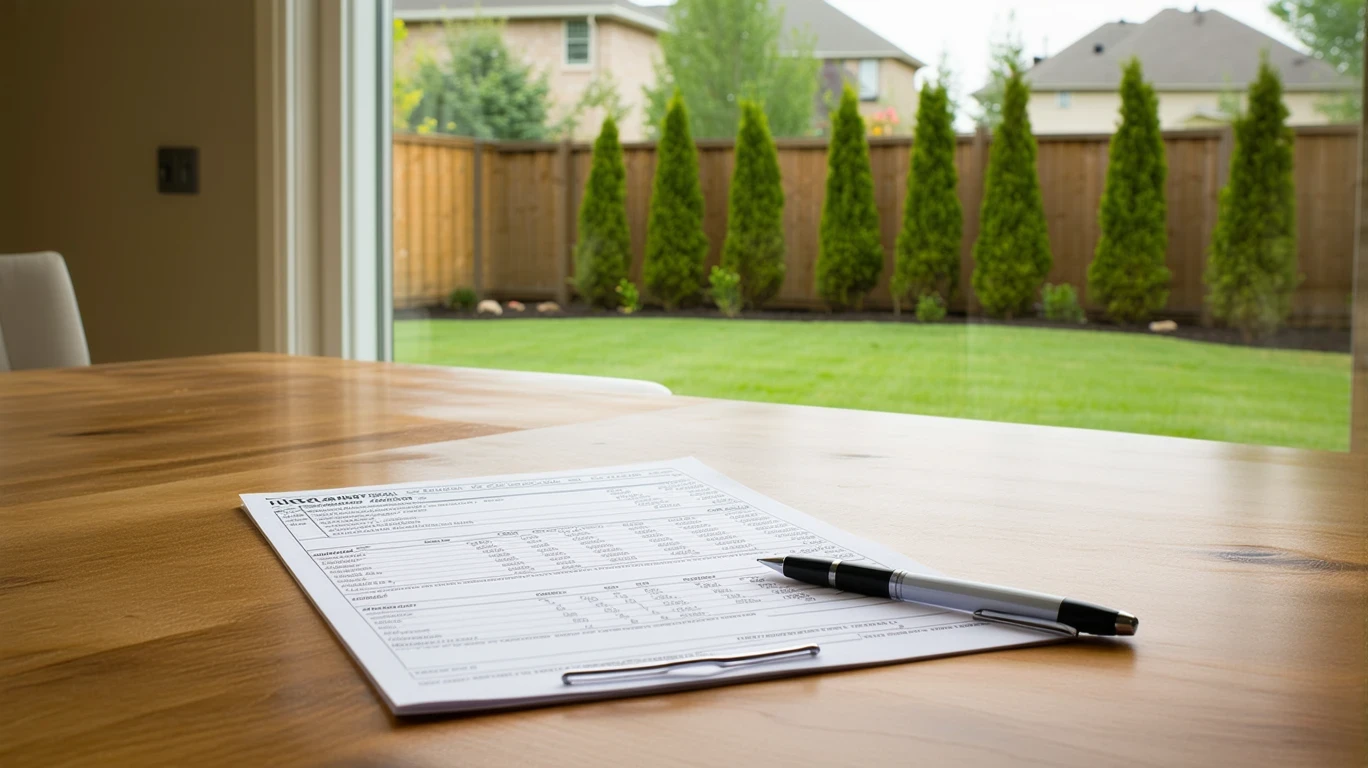Moving to a new city comes with a long checklist, but utility setup is one key task most newcomers overlook until the last minute. Here’s what typical utility costs look like in Atlanta. On average, households in Atlanta spend between $200-300 per month on basic utilities including electricity, water, trash, recycling, and in some cases, natural gas. The exact utilities cost in Atlanta will depend on your home’s size, age, appliances, and usage habits.
Utility providers in Atlanta include Georgia Power for electricity, Atlanta Department of Watershed Management for water and sewer, and various companies for natural gas like Georgia Natural Gas and SCANA Energy. Trash and recycling is typically handled by the City of Atlanta or your specific municipality. Some homes, especially in newer developments, may also have HOA fees that bundle certain utilities.
The average household spends $180–$250/month on utilities in Atlanta, not including internet, cable, or streaming services. Costs can rise significantly in summer when air conditioning drives up electric bills. See our guide on internet and streaming costs in Atlanta.

Monthly Utility Cost Estimates in Atlanta
Wondering how much your monthly bills might run? Here’s a quick breakdown for a typical home in Atlanta:
| Utility | Estimated Monthly Cost |
|---|---|
| Electricity | $100 – $180 |
| Water | $30 – $50 |
| Natural Gas | $30 – $50 |
| Trash & Recycling | $20 – $30 |
| Total | $180 – $310 |
Estimates reflect a mid-size household in a single-family home. Your actual costs may be higher or lower.
How Atlanta’s Weather Impacts Utility Costs
Atlanta’s humid subtropical climate means hot, muggy summers and mild to cool winters. This seasonal weather pattern has a big impact on utility costs, especially electricity for air conditioning.
In the peak of summer, many Atlanta households see electric bills 30–50% higher compared to more temperate months like April and October. Cooling costs often spike in July and August when heat and humidity are at their worst.
While winter heating costs are lower than many regions, Atlanta does get some cold snaps December through February. If your home has an electric furnace or heat pump, expect winter electric bills to run slightly higher than spring or fall. Natural gas costs also rise for homes with gas heating.
Tips to Save on Utilities in Atlanta
Looking for ways to keep utility costs under control? Here are a few methods Atlanta locals use:
- Sign up for an off-peak billing plan with Georgia Power to get lower rates at night and on weekends
- Take advantage of solar panel incentives if your home gets good sun exposure
- Install a smart thermostat to optimize heating and cooling schedules
- Plant shade trees near your home’s sunny sides to reduce summer heat gain
- Upgrade to energy-efficient appliances, especially for the AC, furnace, and water heater
🏆 Tip: Check if your utility provider offers rebates when you upgrade to an energy-efficient AC unit or other appliances. These programs can cover a chunk of the replacement cost.
Common Questions About Utility Costs in Atlanta
What is the average electric bill in Atlanta during summer?
For a typical single-family home, summer electric bills often run $150 to $250 per month when the AC is working overtime. Your exact cost depends on your cooling habits, insulation, and appliance efficiency.
Do Atlanta HOAs cover any utilities?
Some homeowners associations, especially in newer townhome or condo developments, cover water, trash, and recycling as part of the monthly dues. But most single-family neighborhoods do not have utility-inclusive HOA fees. Always double check what’s included when buying an HOA property.
Is water more expensive in Atlanta than nearby cities?
Atlanta’s water and sewer rates are fairly typical for large cities but run a bit higher than the Georgia average. Expect to pay $30-50 per month for water in a single-family home, plus a separate sewer charge. If you have a septic system, you’ll avoid the sewer fee but have other maintenance costs to plan for.
Plan Ahead for Atlanta Utility Costs
Utility costs can add a big chunk to your monthly expenses in Atlanta, so make sure to factor them into your budget when moving to or around the city. Weather extremes, especially heat and humidity, are the biggest cost drivers, along with your home’s size and efficiency.
Being realistic about your usage habits helps avoid utility bill surprises. And planning some energy-saving upgrades, like a smart thermostat or new windows, can keep costs in check for the long run.
